In a world where technology evolves at breakneck speed, there is a timeless tradition that has stood the test of time – watches. These elegant timepieces not only serve a practical purpose but also hold great cultural significance. Join us as we delve into the intricate world of watches and decode the rich history and traditions that surround these beloved accessories.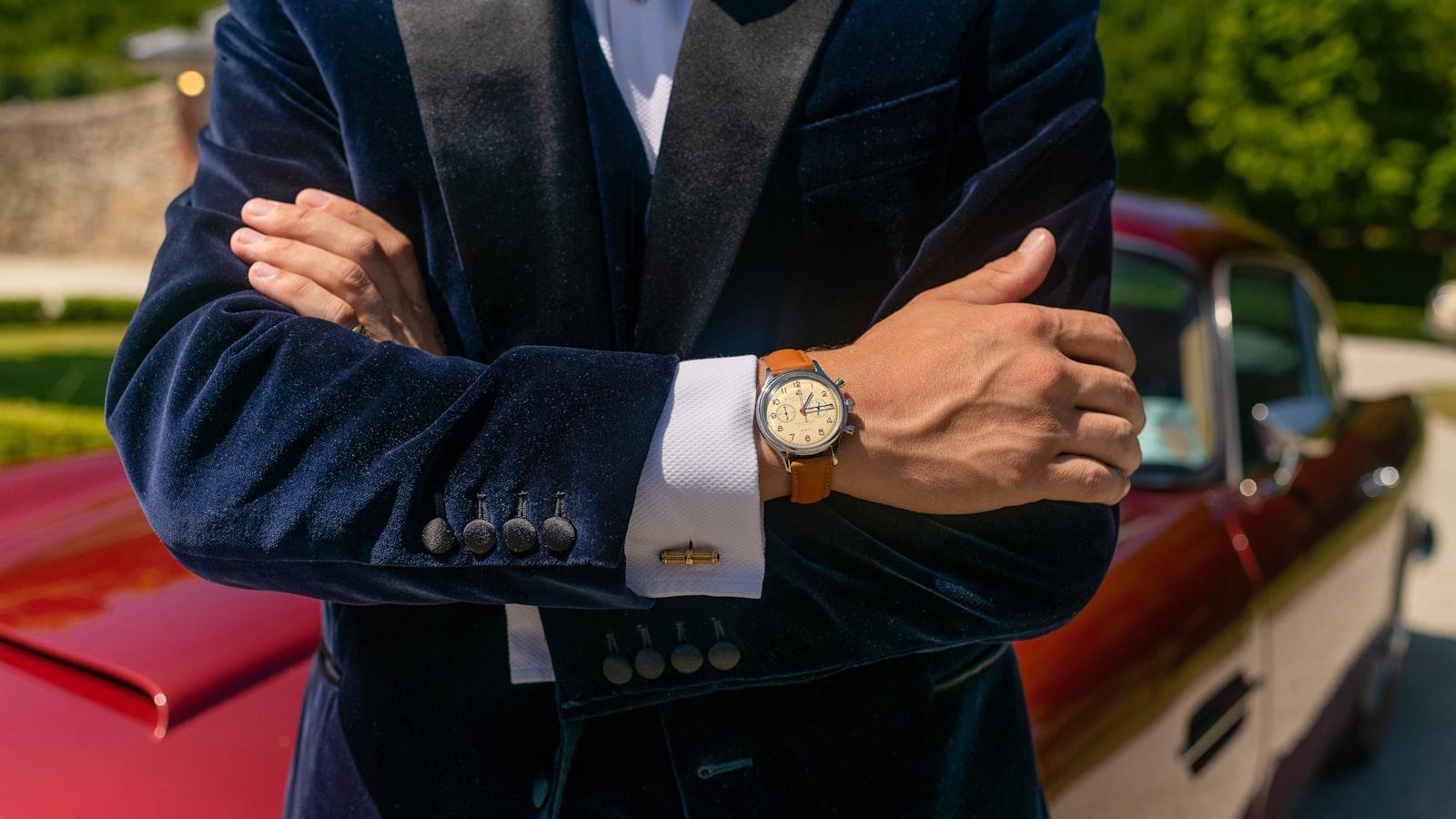
Understanding the Historical Evolution of Watches
Watches have been an integral part of human history for centuries, serving not only as timekeeping devices but also as symbols of status, luxury, and craftsmanship. The evolution of watches can be traced back to ancient civilizations such as the Egyptians and the Babylonians, who used sundials and water clocks to track the passage of time. As technology progressed, mechanical clocks and pocket watches became popular in Europe during the Renaissance period, marking the beginning of a new era in timekeeping.
The industrial revolution in the 19th century brought about significant advancements in watchmaking, with the mass production of wristwatches making them more accessible to the general public. Over time, watches have evolved from simple timepieces to sophisticated works of art, with intricate designs and complicated mechanisms that showcase the skill and creativity of watchmakers. Today, watches continue to be cherished not only for their functionality but also for their cultural significance and timeless appeal.
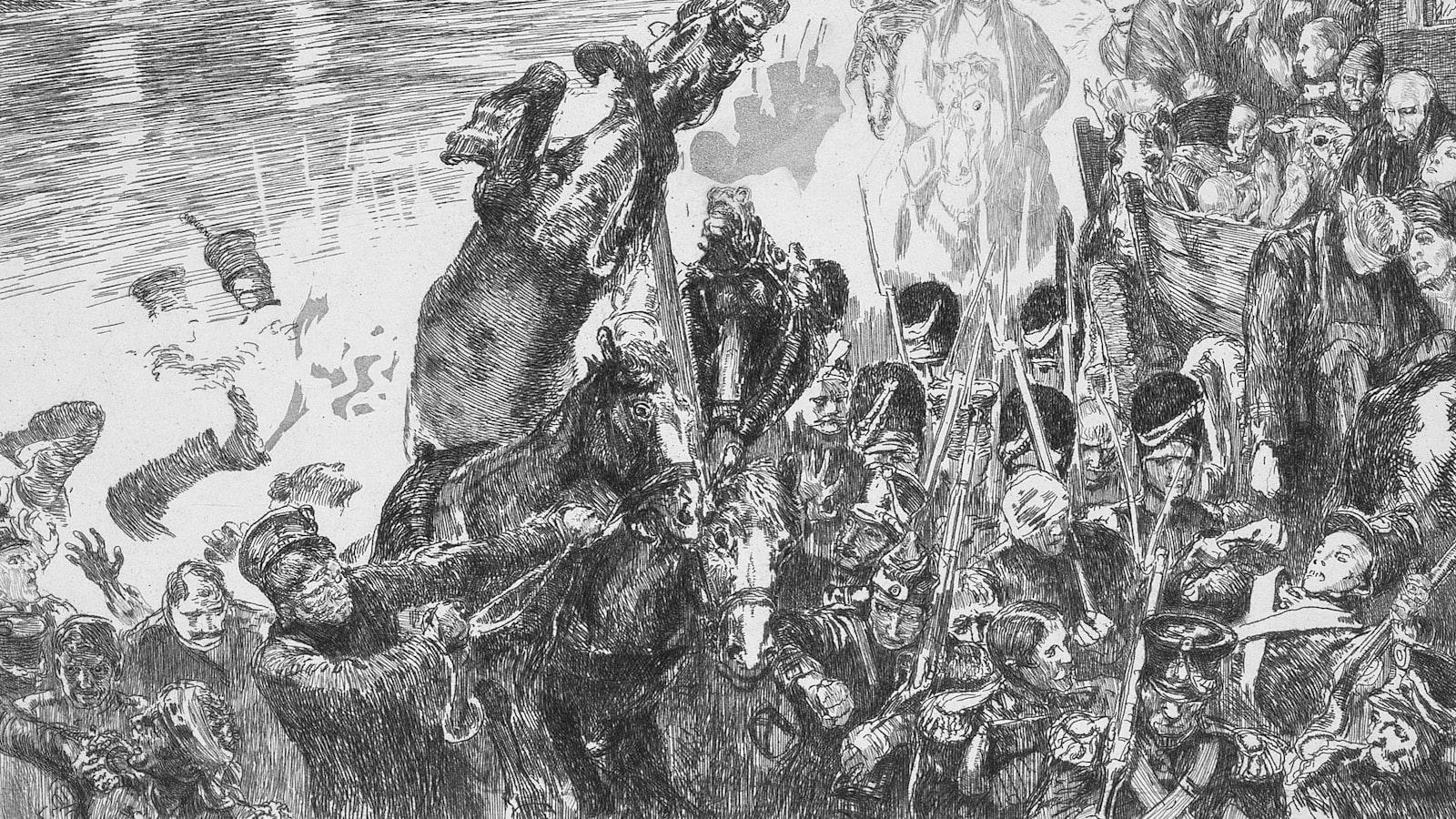
Exploring the Symbolism and Status of Watches in Different Cultures
Watches have transcended their original purpose of timekeeping to become powerful symbols of culture and status in various societies around the world. In many cultures, the act of wearing a watch goes beyond practicality, with each timepiece holding its own unique significance and meaning.
From the intricate craftsmanship of Swiss luxury watches to the minimalist design of Japanese timepieces, here are some ways in which watches are seen and valued in different cultures:
- Switzerland: Known for precision and luxury, Swiss watches are seen as a symbol of status and sophistication.
- Japan: Japanese watches are celebrated for their precision engineering and minimalist design, embodying the principles of simplicity and elegance.
- India: Watches in India are often given as meaningful gifts on special occasions, symbolizing the importance of time and the value of relationships.
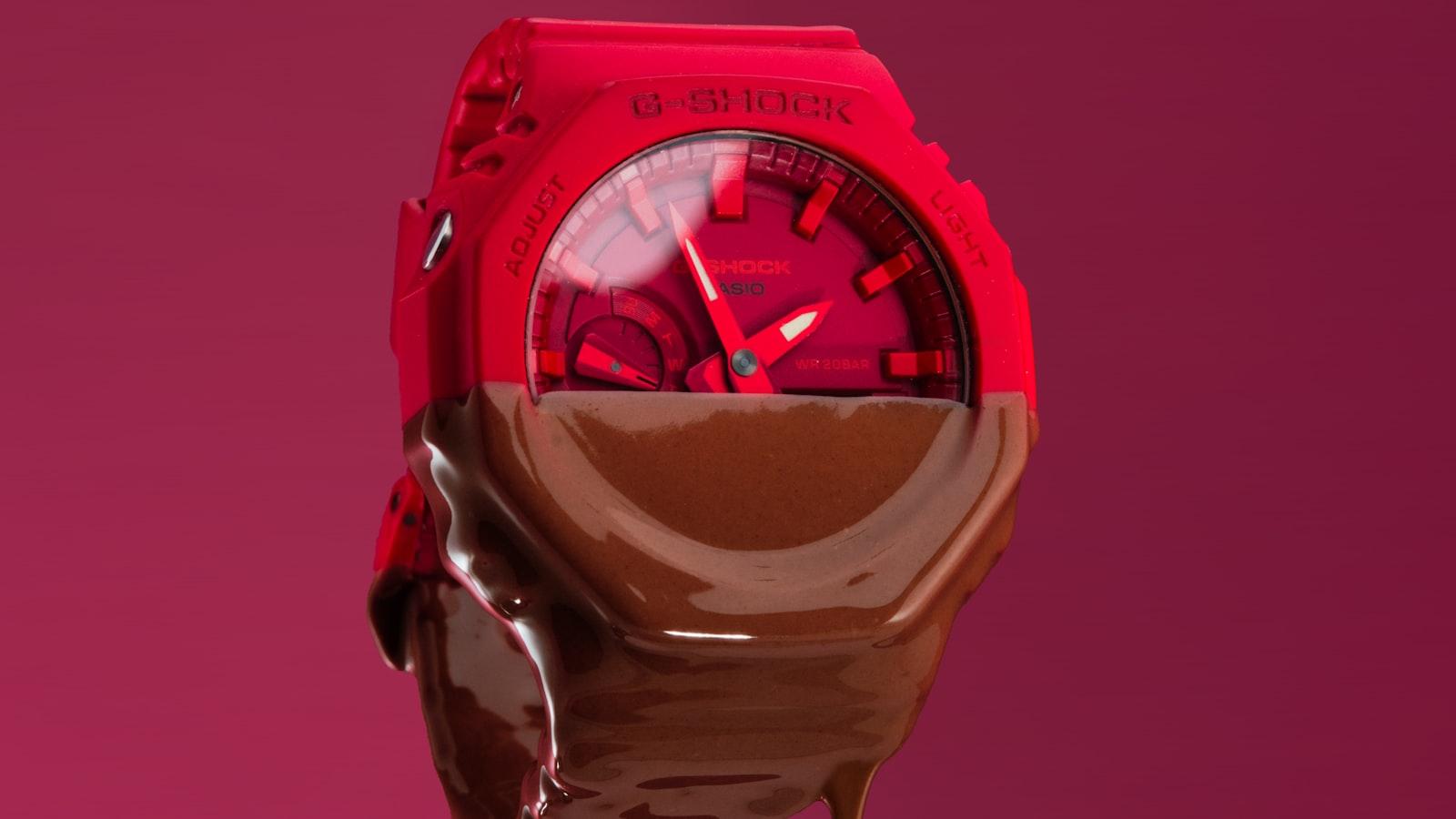
Tips for Selecting a Timepiece that Reflects Your Cultural Identity
When it comes to selecting a timepiece that reflects your cultural identity, there are several key factors to consider. First and foremost, think about the traditions and values that are important to you and your cultural background. Are there specific symbols or motifs that hold significance in your culture? Look for watches that incorporate these elements, whether it’s through intricate engravings, unique dial designs, or traditional materials.
Another important aspect to consider is the craftsmanship and history behind the watch. Do some research on brands that have a long-standing heritage in your culture or region. Opt for timepieces that are not only aesthetically pleasing but also have a story to tell. By choosing a watch with cultural significance, you can wear a piece of your heritage on your wrist every day.
The Way Forward
As we delve deeper into the world of watchmaking and traditions, it is evident that the significance of timepieces goes far beyond their function of telling time. Watches have always held a special place in various cultures, representing heritage, status, and craftsmanship. Through their intricate design and timeless appeal, they continue to captivate us and serve as reminders of our past and anchors to our present. So, next time you glance down at your wrist, take a moment to appreciate the cultural significance of the watch adorning it. After all, in a world that is constantly changing, the timeless traditions of watchmaking serve as a beautiful reminder of our shared history and the enduring essence of time itself.



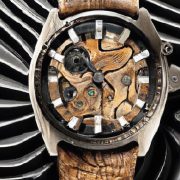

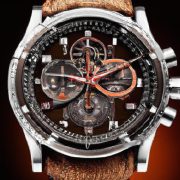
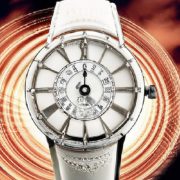


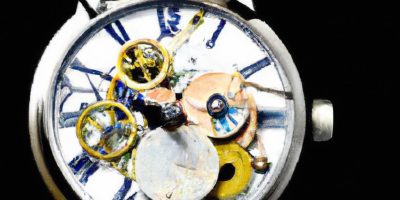







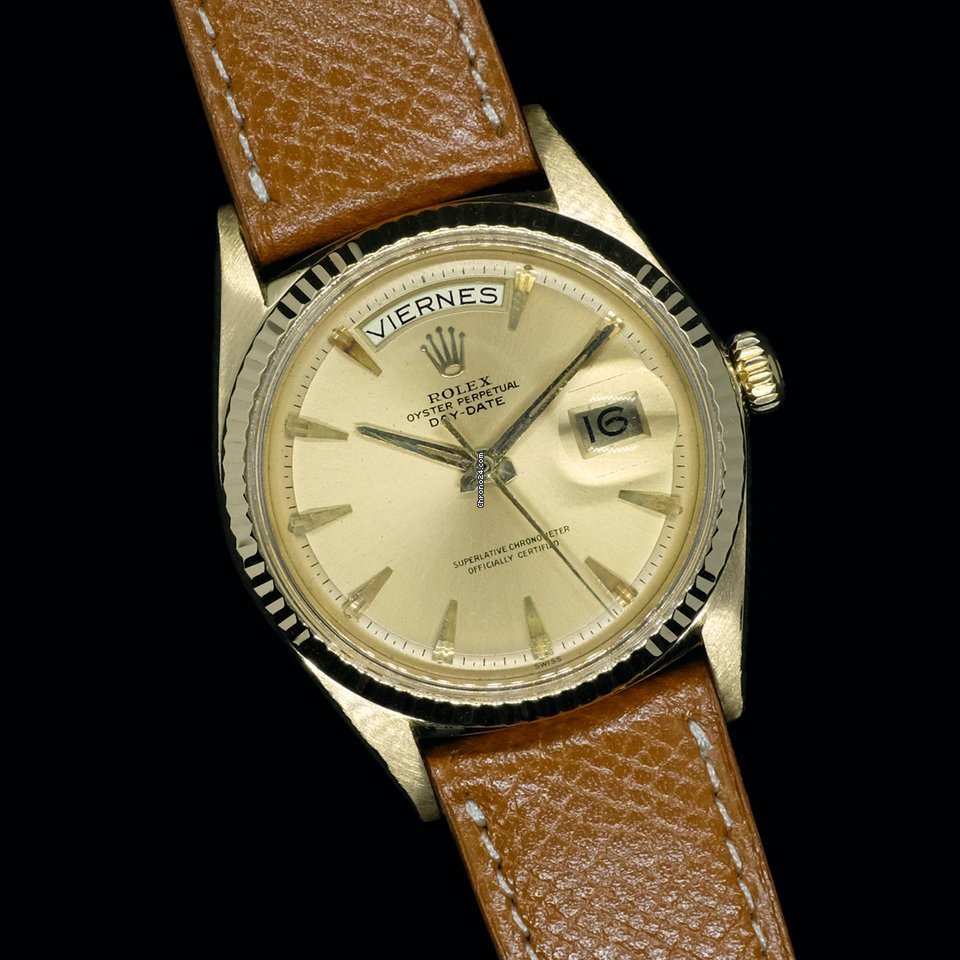
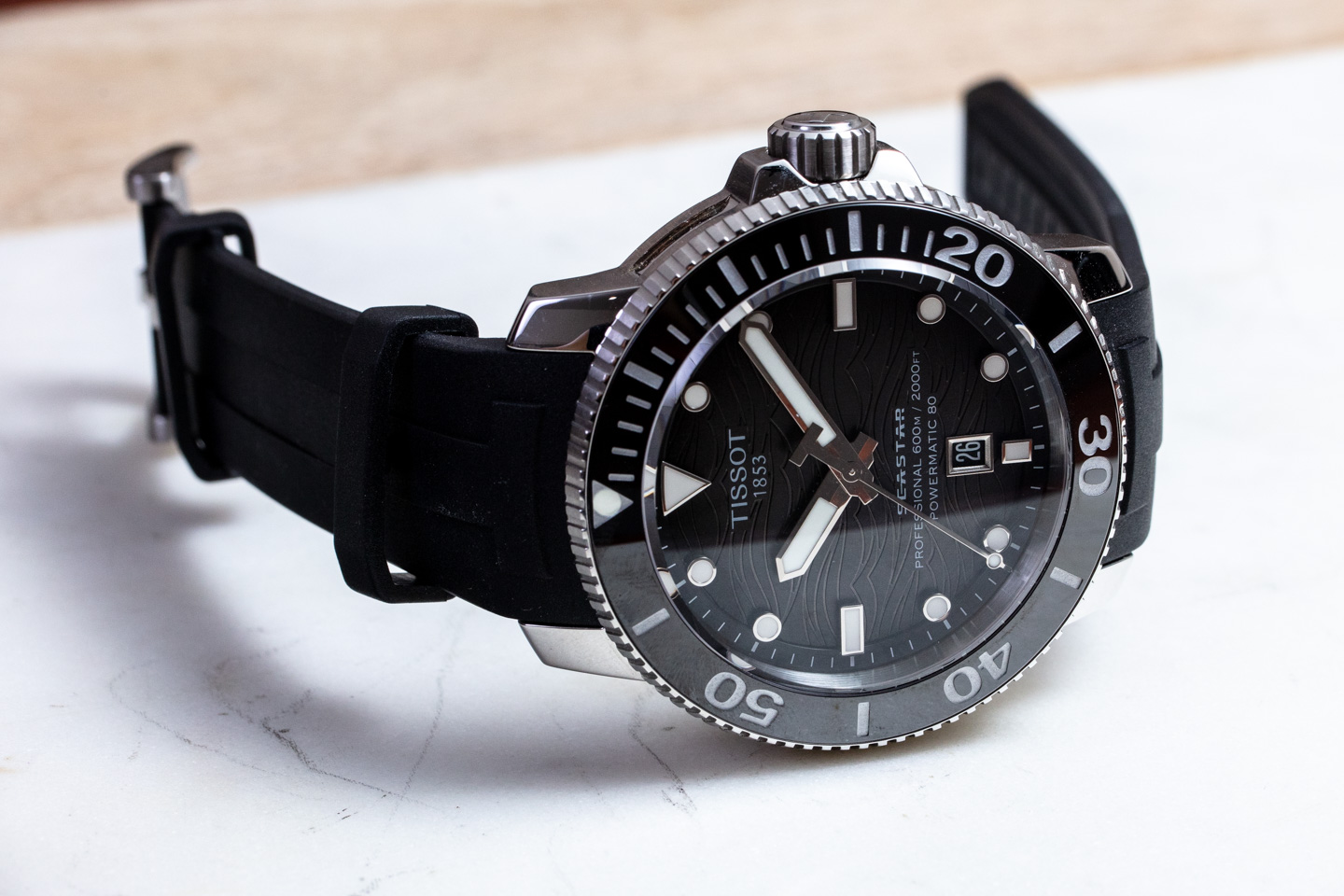
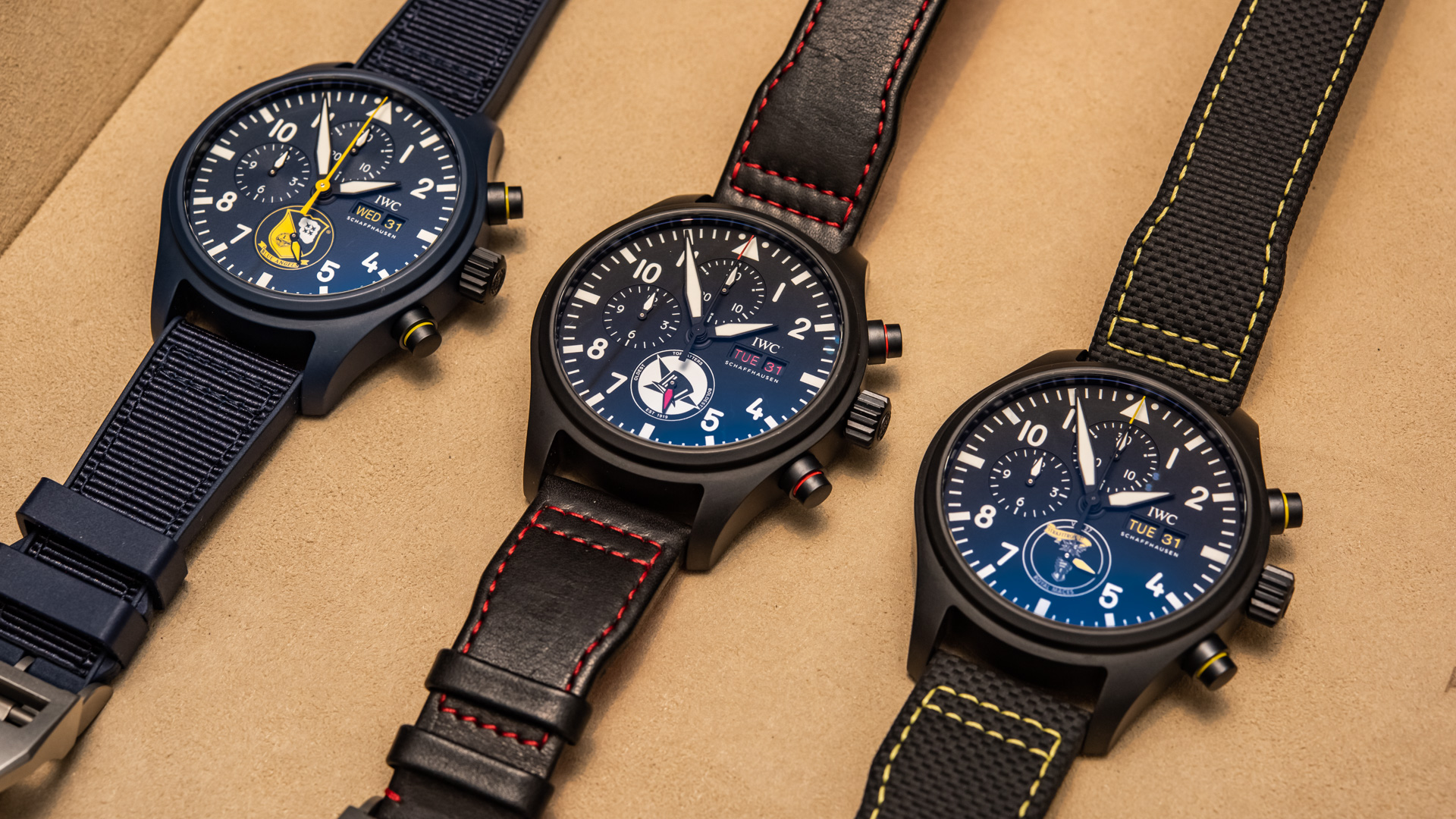
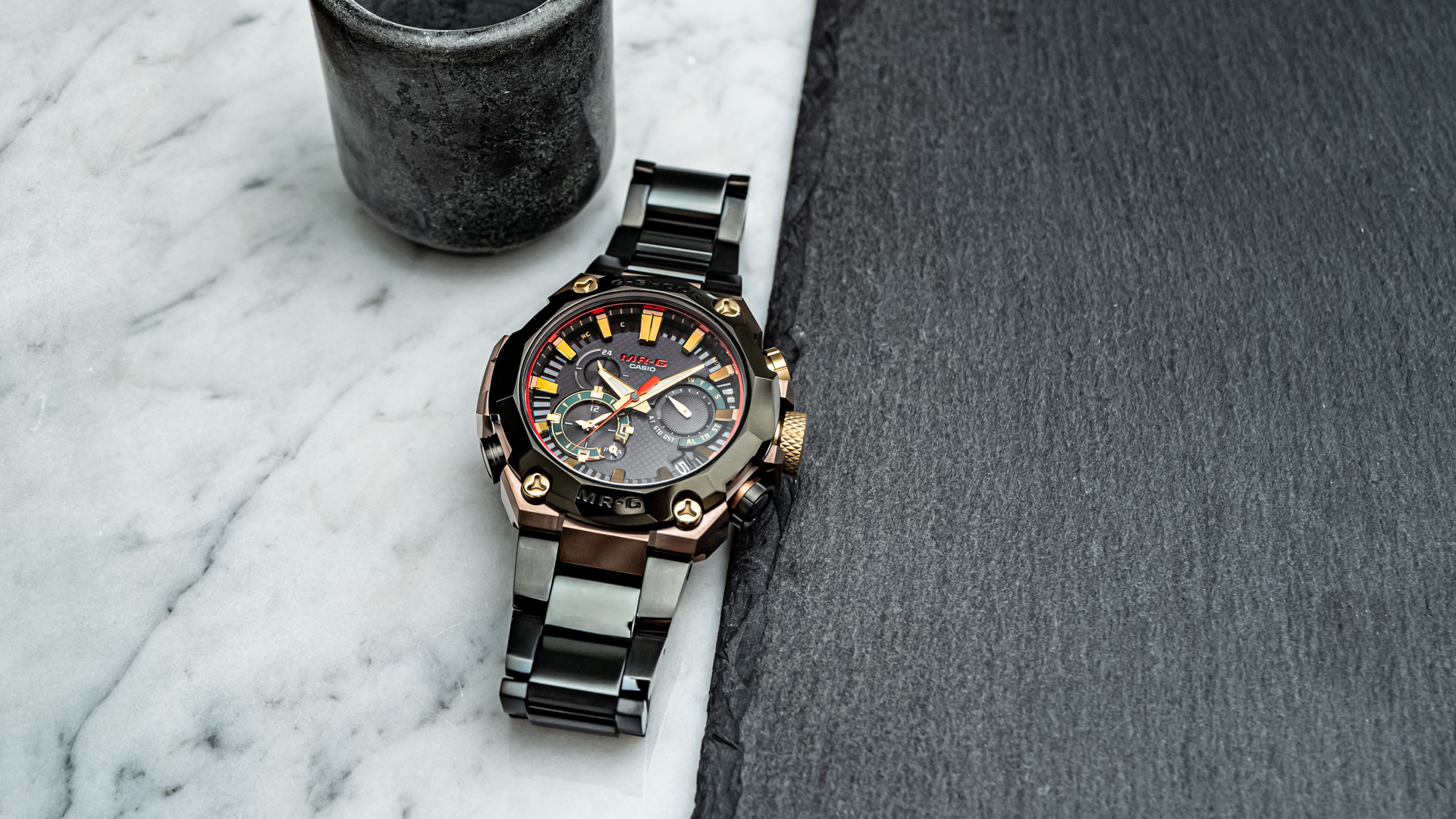


Comments